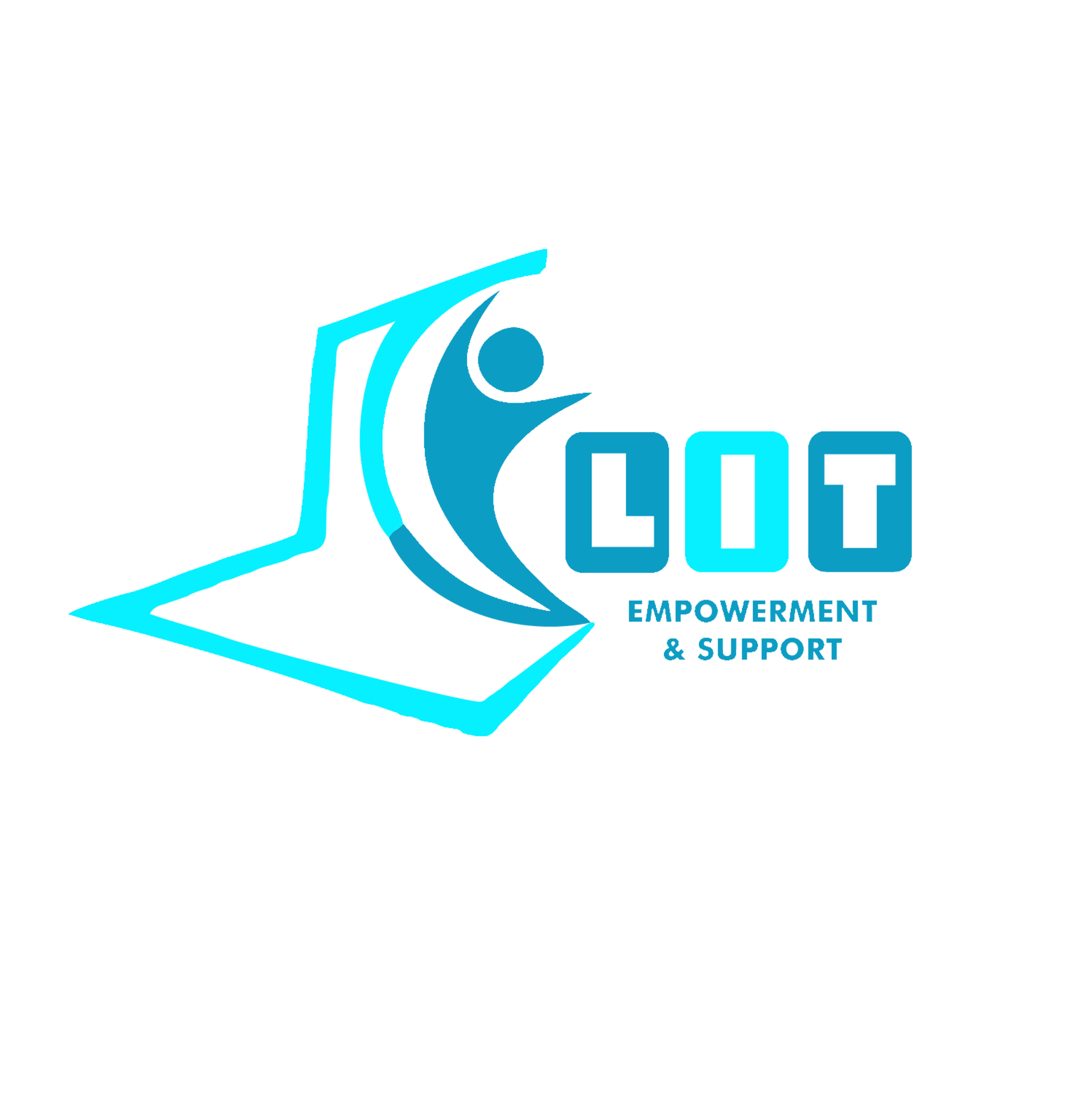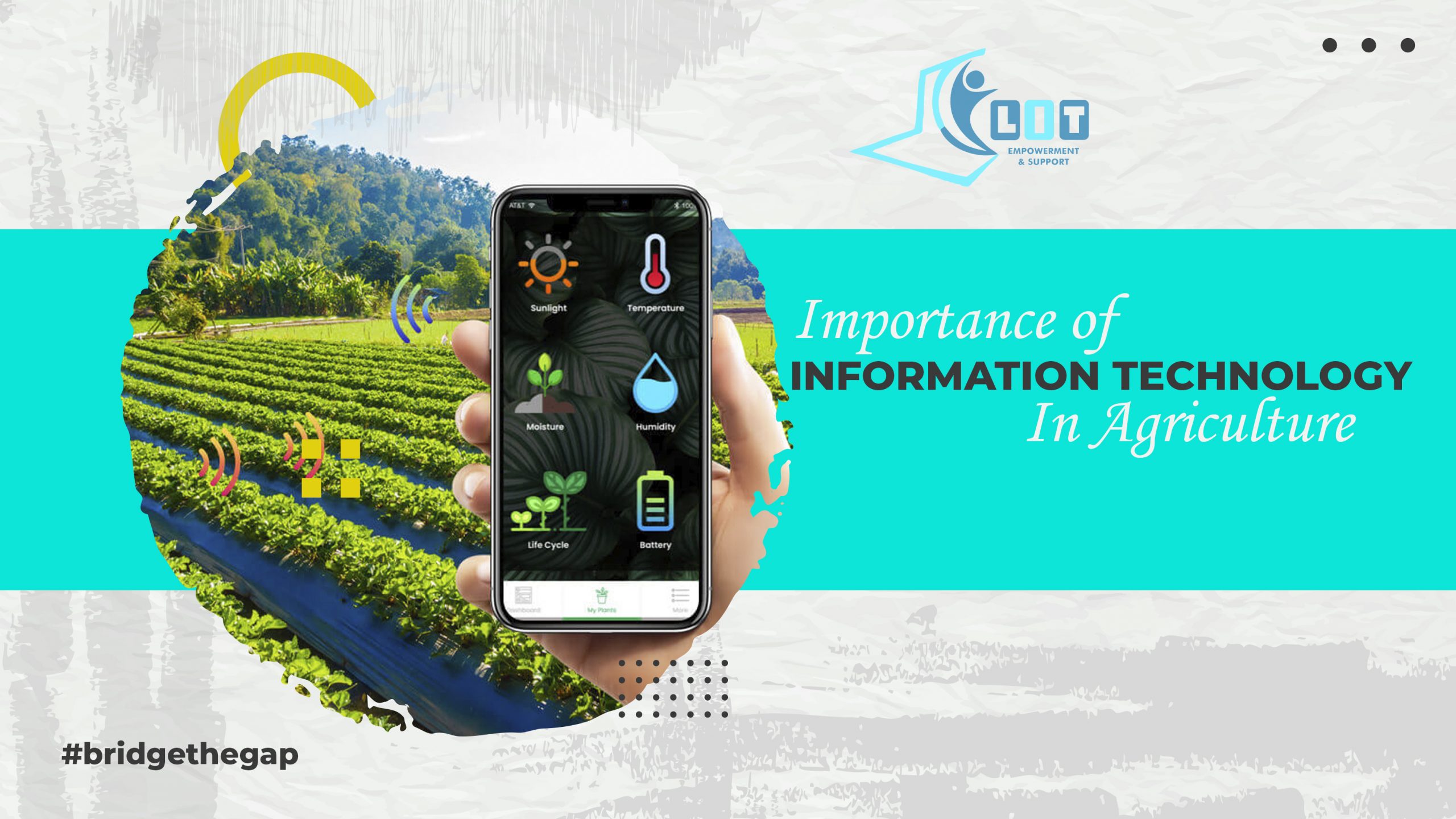What is Agriculture?
Agriculture is basically the art and business of tilling the land and keeping animals for food. As a term, agriculture also includes the production of trees as cash crops. Therefore, a greater definition of agric might read, the art, science, and business of tilling the land, keeping animals, rearing fish, and engaging in afforestation, for the purposes of food or income, or export.
In as much as the above definition is concerned, it might seem that fishing also falls under agriculture in many jurisdictions. Agriculture is one major issue of interest globally, and, should be for, especially, the still, almost sometimes retrogressing economies of African states in general and West African states in particular.
All around the globe, serious Agribusiness as a subject and trade has evolved from the industrial revolution stage of world agriculture I call it, to the scientific stage that saw massive technological inventions in Agribusiness in Indonesia, Singapore, Malaysia, and the rest.
I dare say that studying current trends, Agribusiness has inched from just technology to I C T, in the form of agriculture where animal farms, crop farms, and all the other variables that fall under agriculture can now take advantage of ICT to leverage production by deploying IT tools to grow profitability, benefit from early warning systems, apply manure, and/or chemical ferts, insecticides, pesticides, security and administration of farms or Agri businesses.
Maximizing Agriculture
To fully maximize the potential in agriculture for those vulnerable nations of the so-called third world, especially those in Africa, it is expedient that governments invest hugely in agriculture. Companies and individuals investing in agriculture must be ready to push in substantial amounts of resources so as to yield the kind of returns that ensure that you are able to earn huge foreign exchange on your tailored products and surplus. ICT Systems and tools that run and support other systems to run accurately and efficiently so that in conjunction with other scientific and technological systems and processes, a farmer can produce as much as possible to feed the nations.
Maximizing Agriculture In Conjunction with ICTs
It is only when nations are able to feed themselves that they can easily enter a time of prosperity and abundance. There are IT TOOLS and systems that can help farmers in this regard. In a smart poultry farm, for example, there may be an automated regulatory system among others, to regulate temperature, move special conveyor belts to gather and collect eggs, feed, provide medication and even process broilers and other stuff for sales and delivery to consumers. In crop production, IT Tool-based control panels of modern farm machinery and equipment such as tractors, combine harvesters, planters, even helis, and airplanes that do some spraying of chemicals, etc. In the processing sector of agribusiness, sophisticated precision equipment is being built on ICTs. This is amazing. These IT-based technologies promote mass production, maximize time, lower error margins, and so on. When the above variables are fulfilled, overall production goes up.
Bringing The Young Local Farmer Along With ICT
The ideas and opportunities in the paragraph above might be capital intensive. The doors to the poor community farmer are not shut up in their faces. Local smallholder farmers can benefit from information dissemination drives on ordinary cell phones, pads, and smartphones. Government interventions and programs geared at improving agric output run campaigns on digital radios and TVs. There are many portals and apps that help farmers do many different things including selling their produce to larger markets.
How ICT Ups The Farmers Game
Agric extension officers and general agric staff are getting equipped with IT TOOLS in order that their work may be easier, efficient, and more beneficial to the farmer. An average farm manager should be able to run a farm by, for example, organizing and holding meetings of staff who are even not in the same geographical area. Several IT tools make that possible. In an afforestation program, drones could be deployed to the top of tall trees to bring back photo shots and specimen samples for further studies and forensics.
Challenges
The tendency for humans to shy away from what they find difficult to access is natural. It is true that the literate might find operating IT tools more convenient but the truth stands tall that he who has access to computers and IT tools will naturally grow an attachment to these modern devices. Access also demystifies certain misconceptions relating to computers and IT tools.
It is this issue of access and lack of access that has spurred on Lit Empowerment and Support Incorporated to try and put bits and pieces together to help young Africans, especially Ghanaians have some access to computers and IT tools so that beneficiaries can actually have some exposure on computer usage. This initial access and training have the propensity to put these young people in a foundational setting, poised for any opportunity to build on, especially in the areas of livelihoods and how to improve productivity.
Lit Empowerment and Support Incorporated is a non-governmental non-profit organization that seeks to consolidate the ICT base of communities through schools. Lit Empowerment would be more than grateful to receive grants, donations, and any assistance, partnership, or sponsorship so as to forward to impoverished schools in impoverished communities in order to help alleviate their plight.
ICT,A Way of Life?
ICT has become a way of life. We are not going to see backtracking of this situation but rather, an improvement. The people of developing countries must be sensitized on the need to get used to ICTs in every area of their lives. ICT has become a very important integral part of our lives. Its use is developmental, not detrimental. Local populations must understand that adopting ICTs in every area of their lives is the way to go.
More Functions of ICT In Agriculture Production
In livestock production, for instance, small but powerful chips are put on animals for different purposes and at different times. Some chips might be attached to an animal to track its movement, monitor infections and any other reason for which the chip is implanted.
The agriculture sector is important and must be treated as such. In conjunction with ICTs, opportunities abound in the sector. In Ghana, for example, more than 60% of the population is said to be subsistent farmers. A radical approach to the traditional methods of farming can turn thousands and millions of tracks of land into green productive fields with the potential of feeding the people and for export.


